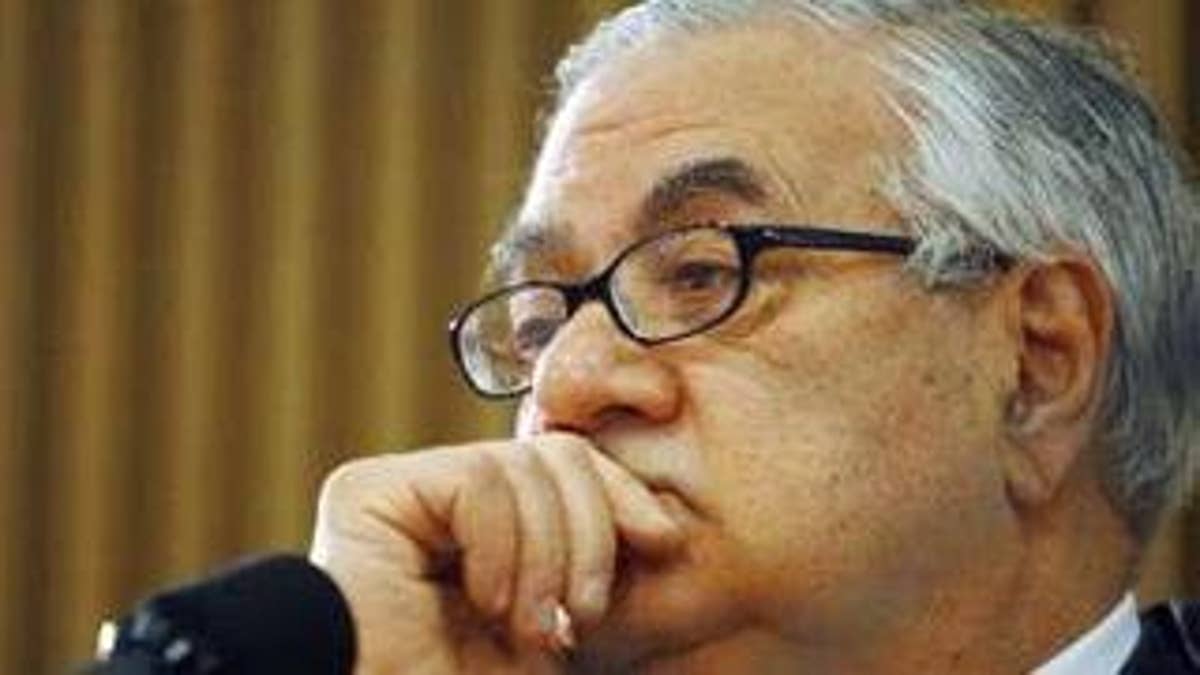
Rep. Barney Frank, the chairman of the House Financial Services Committee, has endorsed a bill calling for an audit of the Federal Reserve.
The support from the powerful Massachusetts Democrat comes after the measure, introduced in late February by Rep. Ron Paul, has won hundreds of co-sponsors on both sides of the aisle.
Frank's office had previously declined to comment on the bill, which had been idling in his committee for months, but the congressman publicly backed it when pressed on the issue at a recent town hall meeting held during Congress' month-long summer recess.
"We will subject them to a complete audit," Frank said, explaining that he has been working with Paul, a Texas Republican, on the bill and expects it to pass as part of a broader financial regulatory overhaul in October.
Frank said he and Paul are working to make sure the audit does not appear as if it would influence policy.
"We don't want to have the audit appear as if it is influencing monetary policy, because that would be inflationary," Frank said.
He said the audit would make public a list of what the Federal Reserve "buys and sells" but that such information would be released several months after the fact, so as not to affect the markets.
Paul tried to push a similar bill back in 1983, but it died. He suggested earlier in the year that the renewed concern about excessive federal spending and loose monetary policy is driving the wave of support to his proposal this time around.
"I think it's the financial crisis obviously that's drawing so much attention to it, and people want to know more about the Federal Reserve," Paul told FOXNews.com, warning about the consequences of continuing to give the body more authority. "If they give them a lot more power and there's no more transparency, that'll be a disaster. "
The bill would call for the comptroller general in the Government Accountability Office to audit the Fed and report those findings to Congress. The first audit would be ordered by the end of 2010.
The GAO's ability to conduct such audits now is severely restricted.
Paul's bill has drawn criticism, though, from those who say an audit would add a political aspect to the Federal Reserve's sensitive and long-independent decisions.
The Washington Post wrote in an editorial last month that the bill was "wrong-headed in the extreme" and would open up its decisions to "public second-guessing," in turn risking congressional influence and damaging the markets' faith in the system.
While the high number of co-sponsors to the bill suggests congressional lawmakers are somehow dissatisfied with the Federal Reserve's performance through the financial crisis, President Obama has repeatedly and publicly endorsed the job Chairman Ben Bernanke has done.
Obama on Tuesday announced plans to keep Bernanke on for another term, saying he approached the financial collapse with "calm" and "wisdom" and "outside-the-box thinking" which brought the crisis under control.
Click here to see the video of Frank discussing the Fed audit.












































